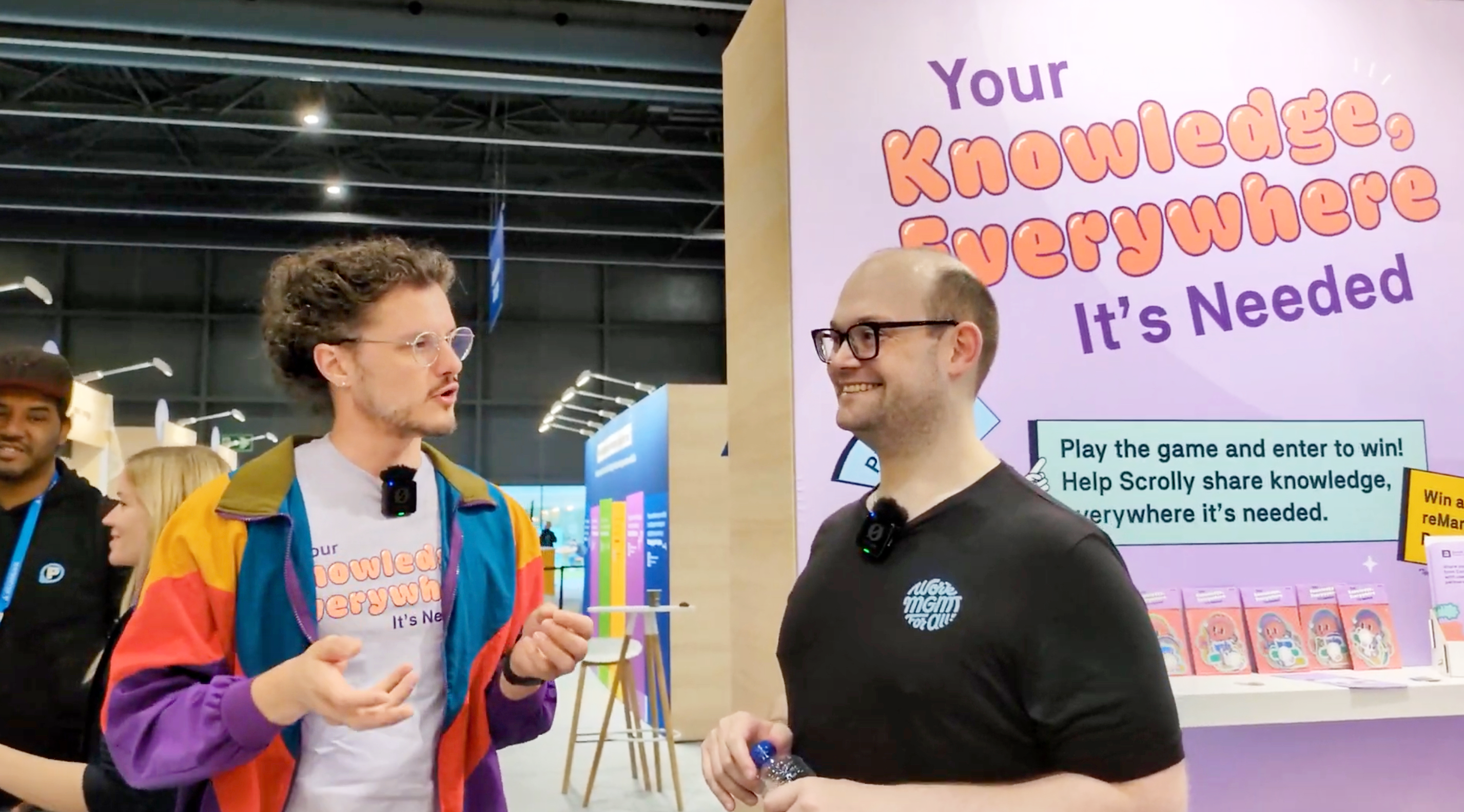In this issue, we’ll show you why, when, and how to use diagrams in Confluence.


At Team 25 Europe in Barcelona, we sat down with Jefferson Taylor, Atlassian’s Head of Product for Confluence, for a conversation packed with vision, honesty, and practical wisdom.
Here’s what makes this conversation so special, and why you’ll want to watch every second of it:
Culture Eats Strategy for Breakfast
One of the most memorable moments from our chat was Jefferson’s perspective on team culture. Success with AI and new tools isn’t just about technology – it’s about habits and openness. Jefferson emphasized that the organizations that will thrive are those that foster a culture of sharing and experimentation.
“AI will not fix bad culture. The more open a culture is, the more intelligent your tools will be, the more effective people are at working together.”
— Jefferson Taylor
The theme of openness and experimentation set the tone for the rest of our discussion.
A Peek Into Atlassian’s Product Decisions
When asked about “loose ends” (like missing APIs or disconnected features), Jefferson was honest – it’s not about forgetting or ignoring user needs. Instead, it’s about sequencing and impact. The team constantly has to make tough trade-offs – sometimes choosing to invest in big new capabilities (like Create with Rovo or natural language database creation) over foundational work like APIs. He admitted, for example, that APIs for Confluence databases are overdue. But he explained that these decisions are about timing, not neglect.
User Experience, Mobile, and What’s Next
Jefferson didn’t sugarcoat it – Confluence still has some work to do. The team is listening, and they’re focused on smoother workflows, better accessibility, and a more intuitive experience on both the desktop and the mobile platform.
He was also open about the bumps along the way. Integrations, consistency, and keeping up with the pace of change aren’t always easy. But there’s a genuine commitment to making Confluence a place where your team’s knowledge and collaboration come together.

Why Confluence Matters More Than Ever
Finally, Jefferson spoke passionately about why Confluence is so important for modern teams. As work becomes more asynchronous and fast-paced, having a single, integrated space for knowledge and collaboration is more valuable than ever. Confluence is evolving to meet these needs, with a renewed focus on integrations, user empowerment, and making teamwork truly seamless.
See for Yourself
This chat with Jefferson reminded us that real collaboration takes care, curiosity, and a lot of iteration.
If you’re curious where Confluence is headed and how Atlassian thinks about teamwork, this one’s worth a watch.

Join the Waitlist for Rovo Mobile
Want to get a head start with Rovo on mobile? Sign up for the early access waitlist to pilot the new mobile app, help give feedback, and experience AI-powered teamwork across your devices. Android and iOS will both be supported.
New in Confluence: Audio Narrations
Atlassian just dropped a new feature: you can now listen to full audio narrations of Confluence Pages and Live Docs. This goes beyond the previous audio briefings by letting you listen to the entire page as it’s written. It’s a thoughtful step toward accessibility and multitasking, though keep in mind that audio might not always capture complex formatting or visuals perfectly.